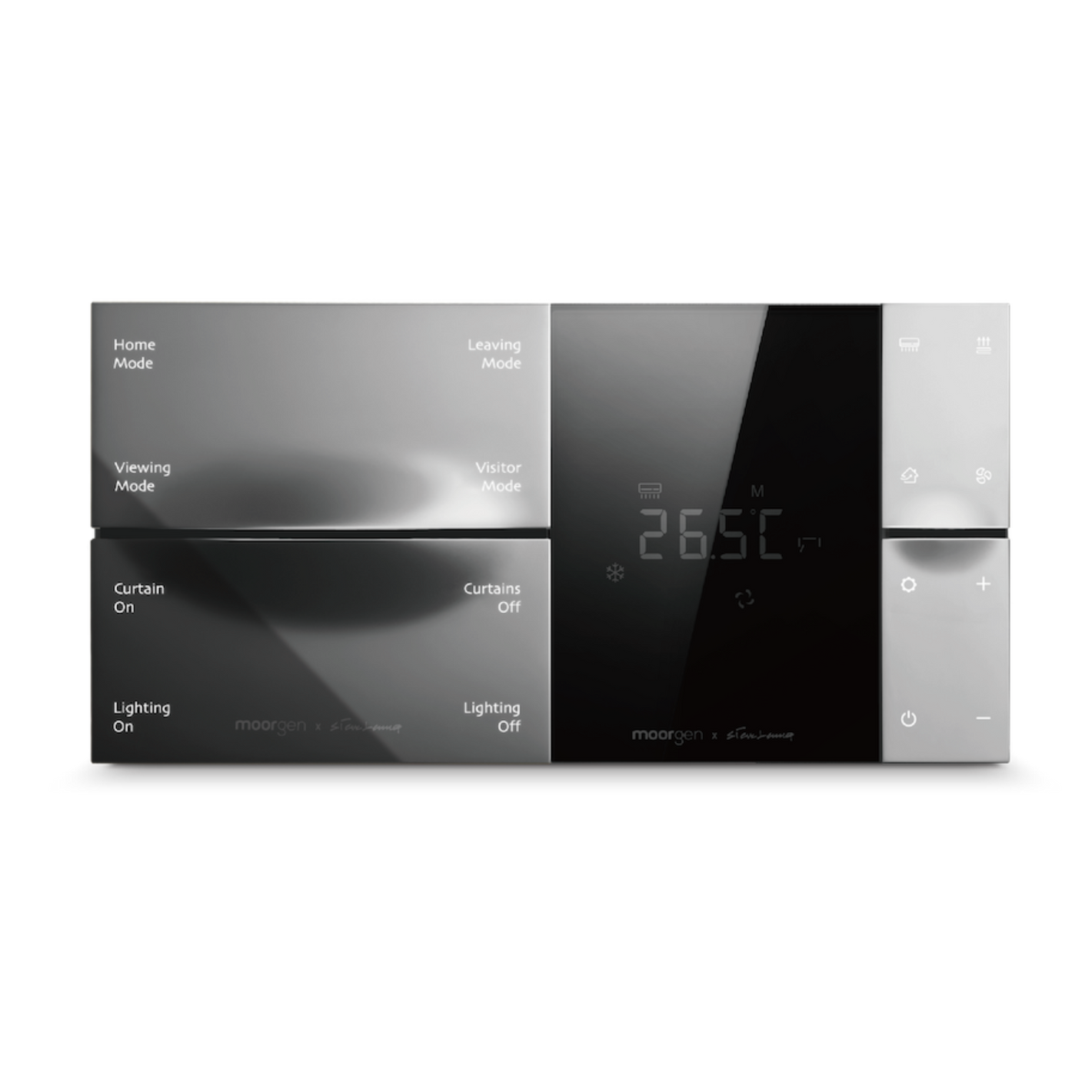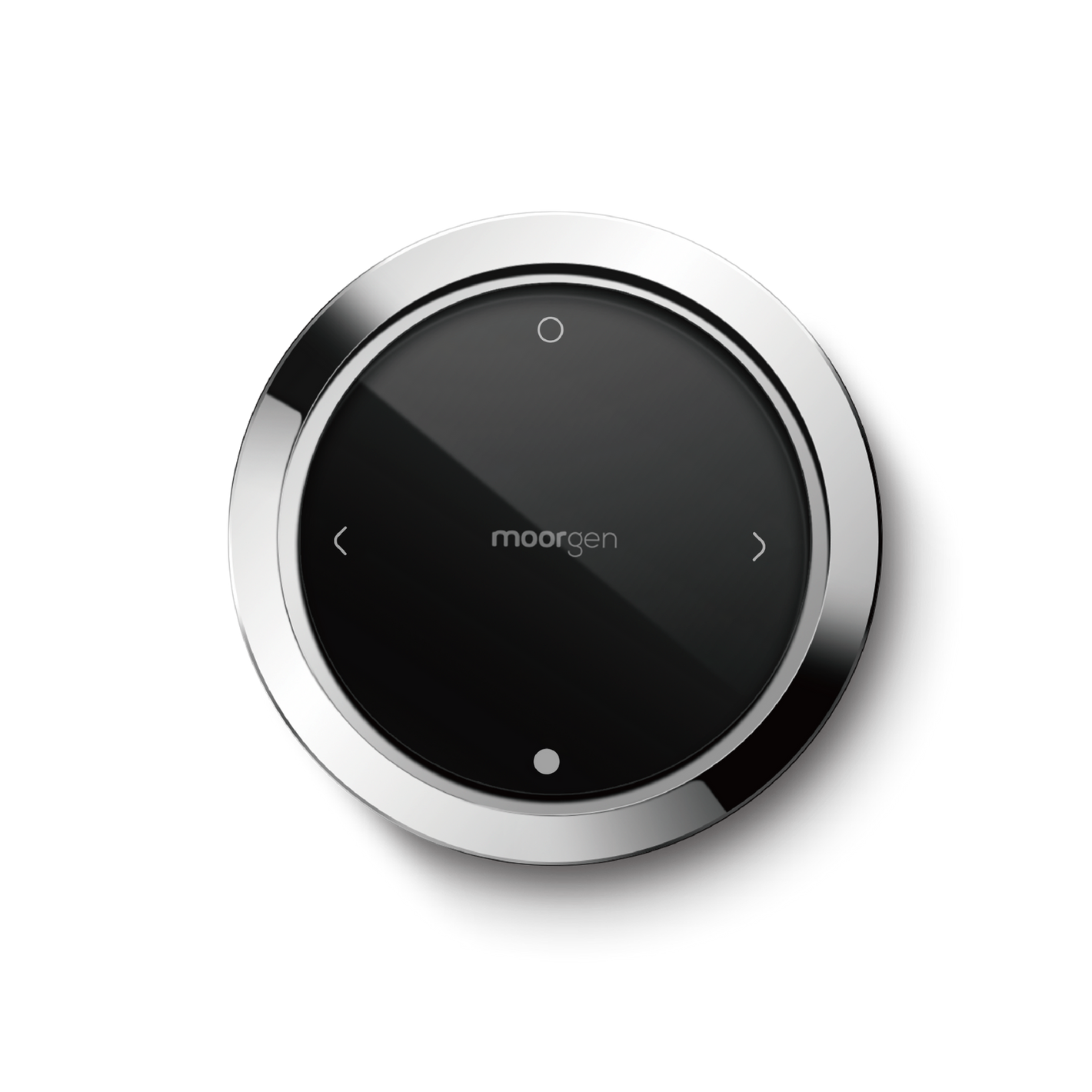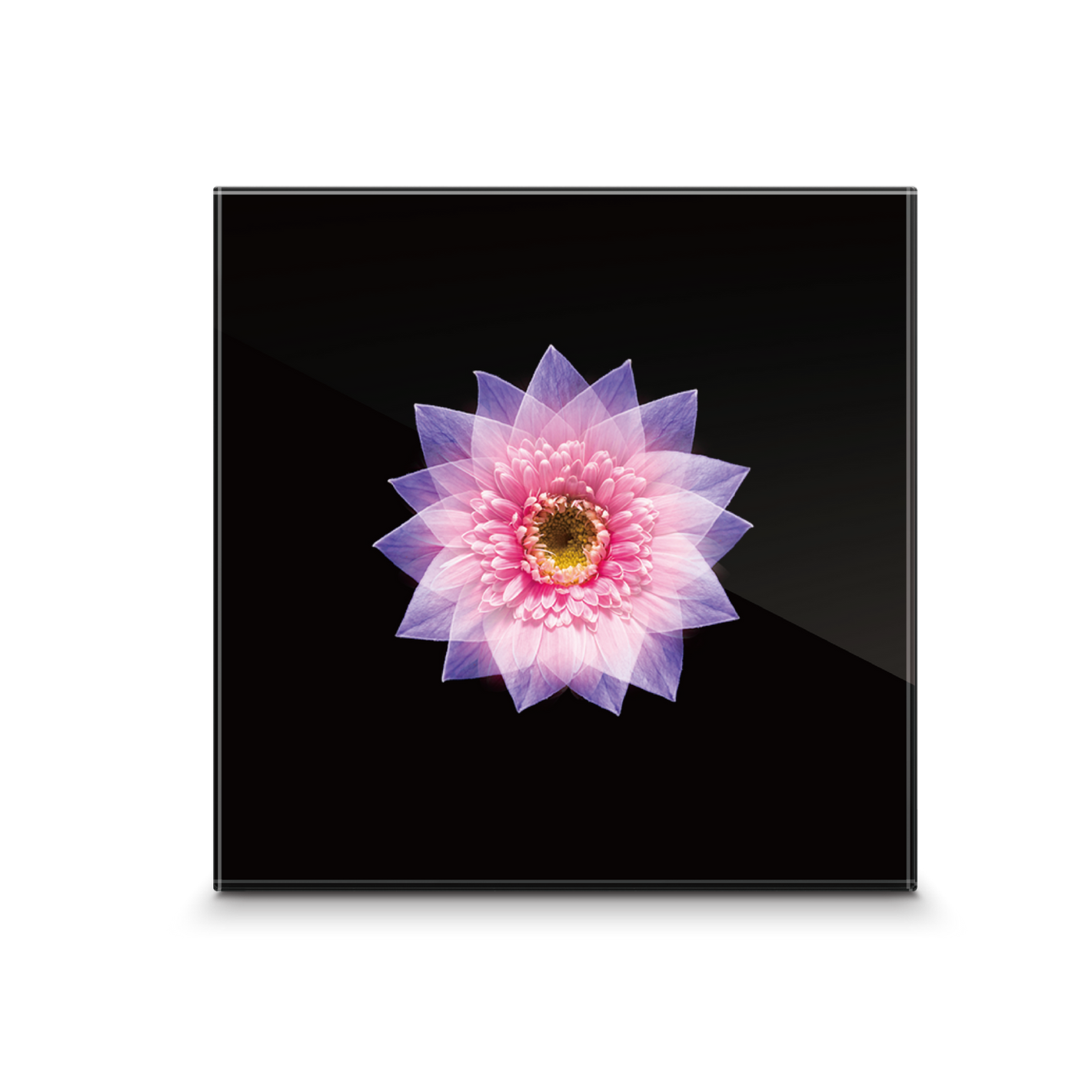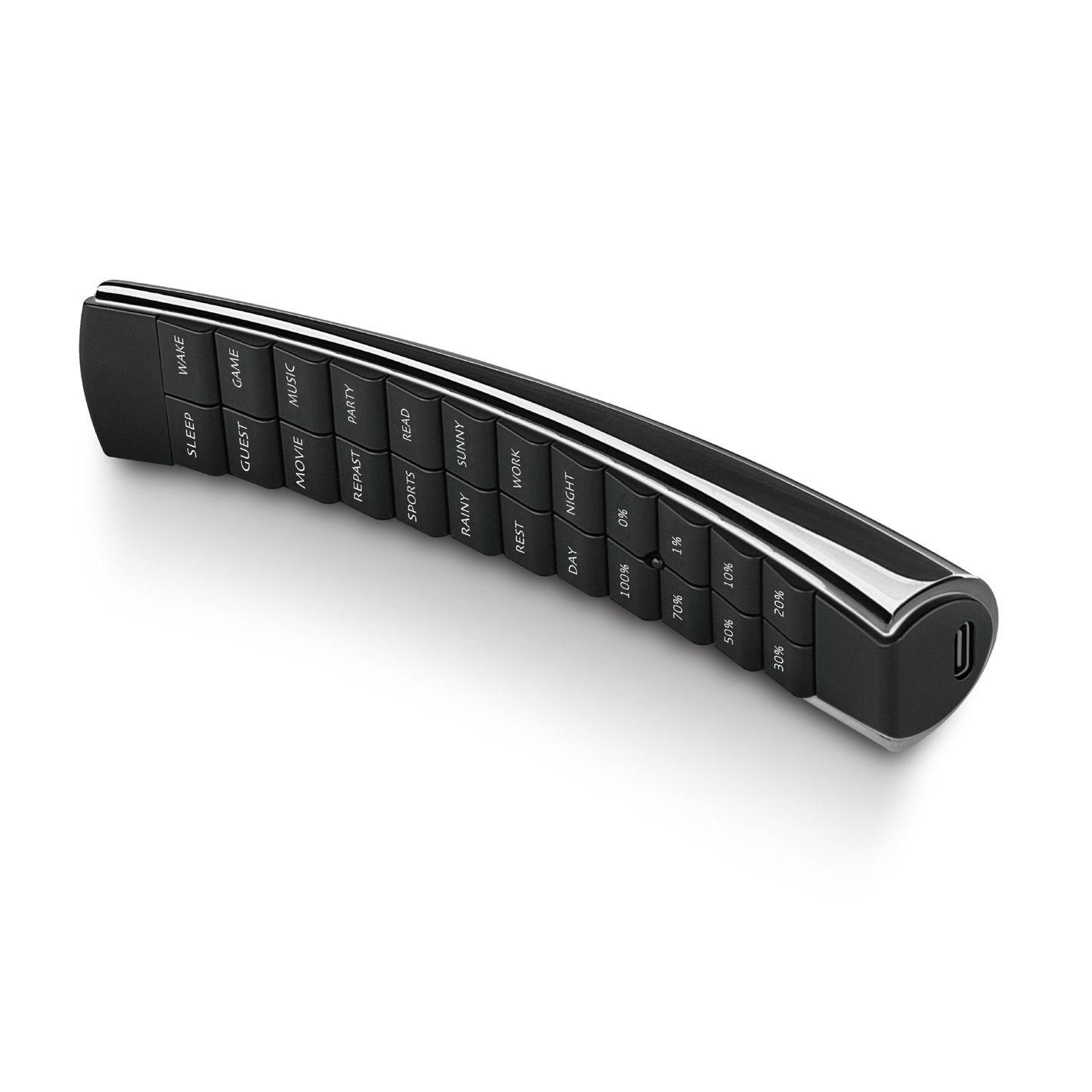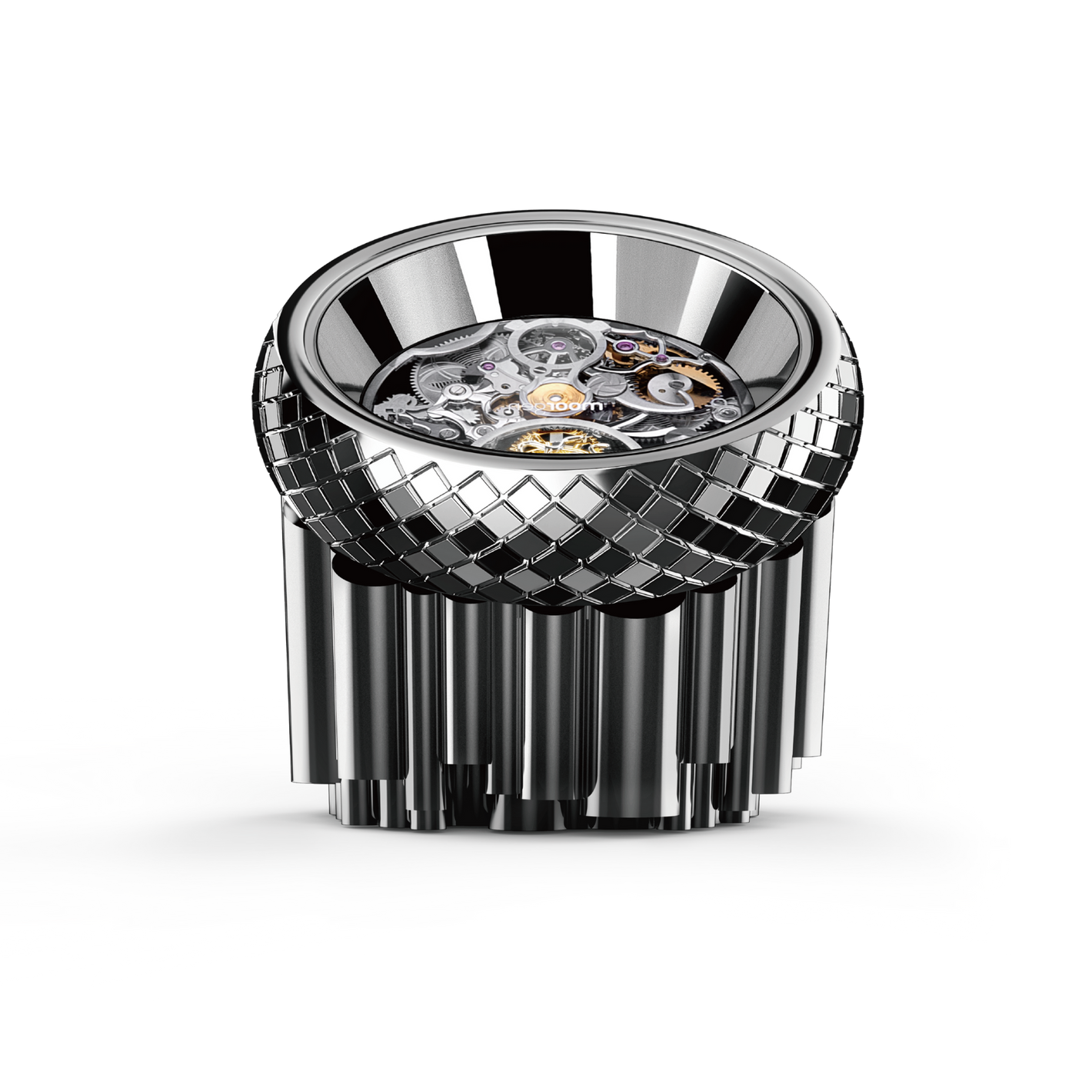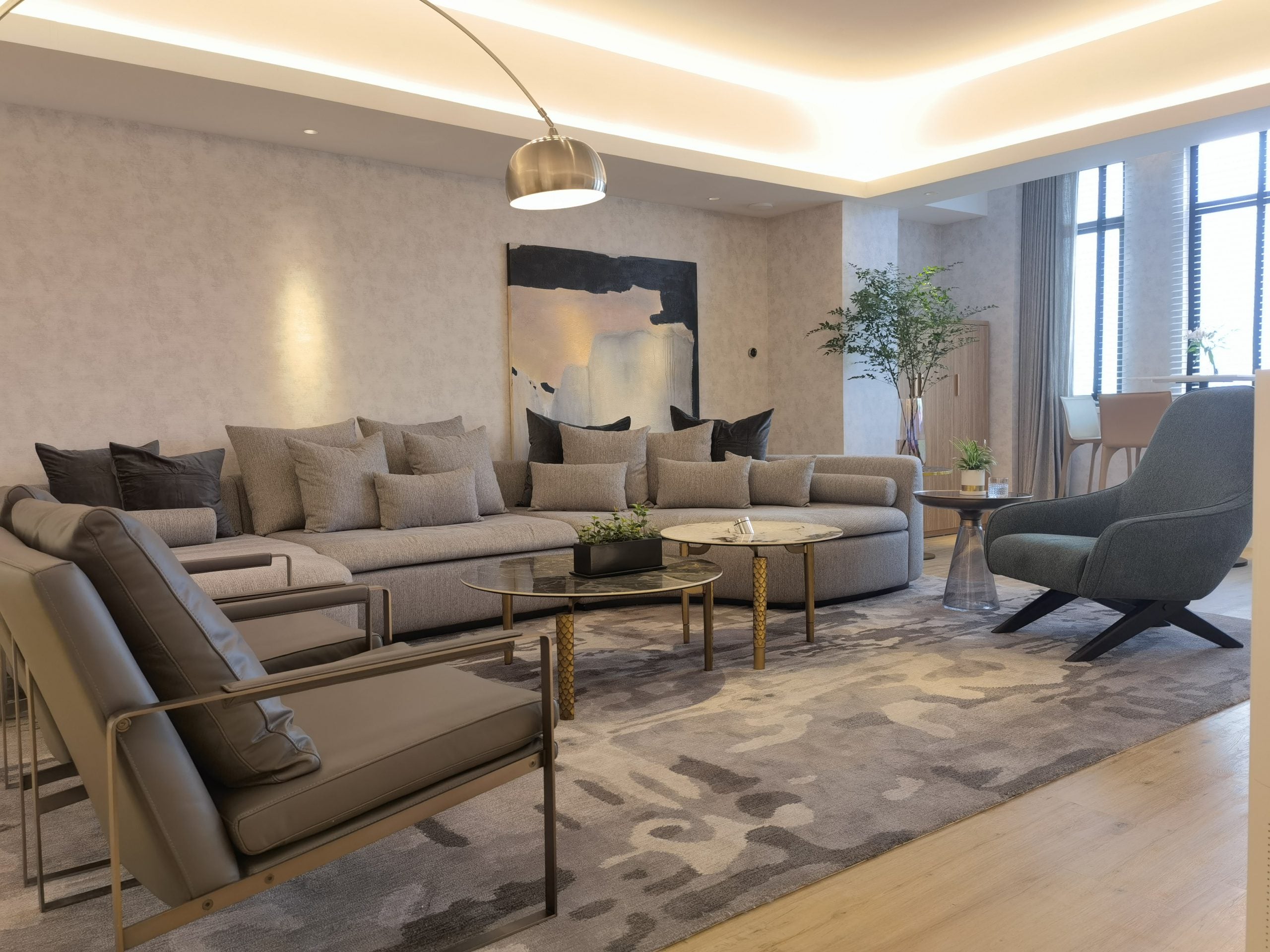【Smart Home】10 Tips for Saving Electricity with Air Conditioners
Hong Kong's weather is mostly hot, coupled with high humidity, which increases the perceived temperature, making it feel even hotter. Air conditioners are basically a necessity for living in Hong Kong, but the electricity bills from running air conditioners can significantly increase. The electricity bills in summer and winter can differ by several times. Therefore, how to use air conditioners while saving energy has become a must-learn topic for Hong Kong residents. This Moorgenzine article will detail 10 tips for saving electricity with air conditioners!
Key points of this article:
- Tip 1: Choose an energy-saving air conditioner
- Tip 2: Choose an inverter air conditioner: save up to half the electricity bill
- Tip 3: Fan + Air Conditioner
- Tip 4: Don't set the air conditioner temperature too low: 25°C - 28°C is the most economical
- Tip 5: Raise the air conditioner temperature before sleeping and turn off the air conditioner one hour before waking up
- Tip 6: Regularly clean the dust filter and maintain the air conditioner
- Tip 7: When going out briefly, don't turn off the air conditioner to save more electricity
- Tip 8: Don't use unnecessary appliances: increase the air conditioner's load
- Tip 9: Avoid direct sunlight on the air conditioner, which reduces heat dissipation efficiency
- Tip 10: Check if doors, windows, and curtains are tightly closed
Tip 1: Choose an energy-saving air conditioner
When purchasing an air conditioner, there are many factors to consider, including understanding the area of the house, installation location, type of air conditioner, and horsepower, etc. After selecting a certain model of air conditioner, you can compare the "energy labels"! Choosing an air conditioner with a "Grade 1 energy label" can save up to 25% - 61% electricity compared to an air conditioner with a "Grade 5 energy label", thus reducing the electricity bill!
Tip 2: Choose an inverter air conditioner: save up to half the electricity bill
If possible, choosing an inverter air conditioner can help save electricity. When the indoor temperature drops to the set temperature, a fixed-frequency air conditioner will stop running, but when the temperature rises, it will start cooling again, consuming more electricity.
According to the Consumer Council's test in 2016, an inverter air conditioner can save up to 40% electricity on average throughout the year compared to a fixed-frequency air conditioner. Assuming two air conditioners, each with one horsepower, are operated for 180 days a year, with 12 hours of operation per day, the electricity bill for an inverter air conditioner is approximately HK$469 per year, while a fixed-frequency air conditioner requires HK$908, nearly twice as much!
Tip 3: Fan + Air Conditioner
The power consumption of a fan is only 5% - 10% of that of an air conditioner. When a fan is used in conjunction with an air conditioner, the accelerated airflow can help the air conditioner blow air to every corner of the house more quickly, making the indoor space cooler.
If a fan is used, when the indoor temperature has reached a comfortable level, you can raise the air conditioner temperature by 2°C - 3°C. The fan will maintain the temperature while saving more on your electricity bill.
Tip 4: Don't set the air conditioner temperature too low: 25°C - 28°C is the most economical
Taiwan Power Company (referred to as "Tai Power") stated on its Facebook page that the recommended setting temperature for air conditioners is 26°C - 28°C. The International Organization of Standardization (ISO) also suggests that the optimal setting temperature for air conditioners is 23°C - 28°C. For every 1 degree increase, you can save 6% electricity due to reduced air conditioner cooling operation.
Should the air conditioner outlet be directed upwards or downwards? You can refer to: Air-Conditioner Vent Should Be Tilted Up or Down? How to Make Your Air-Conditioning Cooler and More Energy-Efficient?
Tip 5: Raise the air conditioner temperature before sleeping and turn off the air conditioner one hour before waking up
Many people have the misconception that they should lower the air conditioner temperature when sleeping to avoid waking up feeling hot in the middle of the night. However, when we sleep, the body's metabolic rate decreases, and body temperature drops. Therefore, the same air conditioner temperature can make us feel cold when sleeping at night. If you use a smart air conditioner with a timer function, you can preset to turn off the air conditioner one hour before you wake up. After running the air conditioner all night, the room temperature can be maintained for a period, allowing you to wake up without feeling hot and save electricity bills.
Additionally, you can also use the air conditioner's "sleep" mode. After you fall asleep, the air conditioner gradually raises the temperature by 1°C - 2°C. Not only does this provide a more suitable sleeping temperature, but it also saves electricity by reducing air conditioner cooling.
Tip 6: Regularly clean the dust filter and maintain the air conditioner
The air conditioner's dust filter should be cleaned every 2 - 3 weeks. Not only does this make the air blown out by the air conditioner cleaner and fresher, but it also allows the air conditioner to blow out the air more easily and thoroughly without wasting, thereby reducing the indoor temperature more quickly and reducing the electricity consumption of the air conditioner.
Want to know how to DIY clean the air conditioner? You can refer to:【Smart Home Living】DIY Air Conditioner Cleaning Tutorial
In terms of maintenance, when entering autumn and winter, before turning off the air conditioner, you can set the air conditioner to operate in fan mode for about 4 hours to allow the internal parts of the air conditioner to dry out. When using the air conditioner again in the following summer, the air conditioner can maintain its best condition.
Tip 7: When going out briefly, don't turn off the air conditioner to save more electricity
In fact, electrical appliances should not be turned on and off frequently because the maximum power consumption is required when starting up, and frequent on-off cycles can consume more electricity and make the appliances more prone to damage. The same goes for air conditioners. Each time the air conditioner is started, it requires more electricity to drive the compressor for cooling. Therefore, if you are only going out briefly, keeping the air conditioner running will save more electricity than turning it off and then on again.
Tip 8: Don't use unnecessary appliances: increase the air conditioner's load
Although it seems that using other appliances has little to do with saving electricity with air conditioners, there is indeed some knowledge behind it. Each appliance, including televisions, stereos, computers, etc., releases some degree of heat when operating, which increases the indoor temperature and requires the air conditioner to work harder, indirectly increasing the electricity consumption.
Tip 9: Avoid direct sunlight on the air conditioner, which reduces heat dissipation efficiency
The air conditioner should be installed in a shaded and well-ventilated place to allow the air conditioner to dissipate heat more effectively and maintain the efficiency of the compressor. If the air conditioner is installed in a place where it is directly exposed to sunlight, the compressor's inefficient heat dissipation can increase electricity consumption by up to 16.5%! In addition to sunlight, the air conditioner should also avoid being installed near other heat sources.
If the installation location is limited and can only be installed where it is directly exposed to sunlight, it is recommended to install a sunshade to protect the air conditioner. This not only avoids direct sunlight but also blocks rain, reducing the aging of components and achieving two goals with one stone.
Tip 10: Check if doors, windows, and curtains are tightly closed
When using the air conditioner, make sure to close the doors, including unused spaces such as bedroom doors and windows, to prevent the cold air from dispersing, thereby increasing the operating time of the air conditioner and increasing the electricity bill. Additionally, you can regularly check the joints of aluminum frames, seal gaps, and clean the window seams. You can also add weatherstripping at the bottom of the door to prevent hot air from outside or from other indoor spaces like the kitchen from entering the air-conditioned space.
Also, close the curtains when using the air conditioner to avoid sunlight shining in and raising the indoor temperature, which increases the operating time of the air conditioner and indirectly increases electricity consumption.
After reading this Moorgenzine article, I believe you have a deeper understanding of how to save electricity with air conditioners. If you have any questions about smart homes, feel free to contact Moorgen anytime. Additionally, if you want to experience the lifestyle improvements brought by smart door locks firsthand, you can visit Moorgen's showroom located in North Point, Hong Kong, and experience the Real Smart Home.
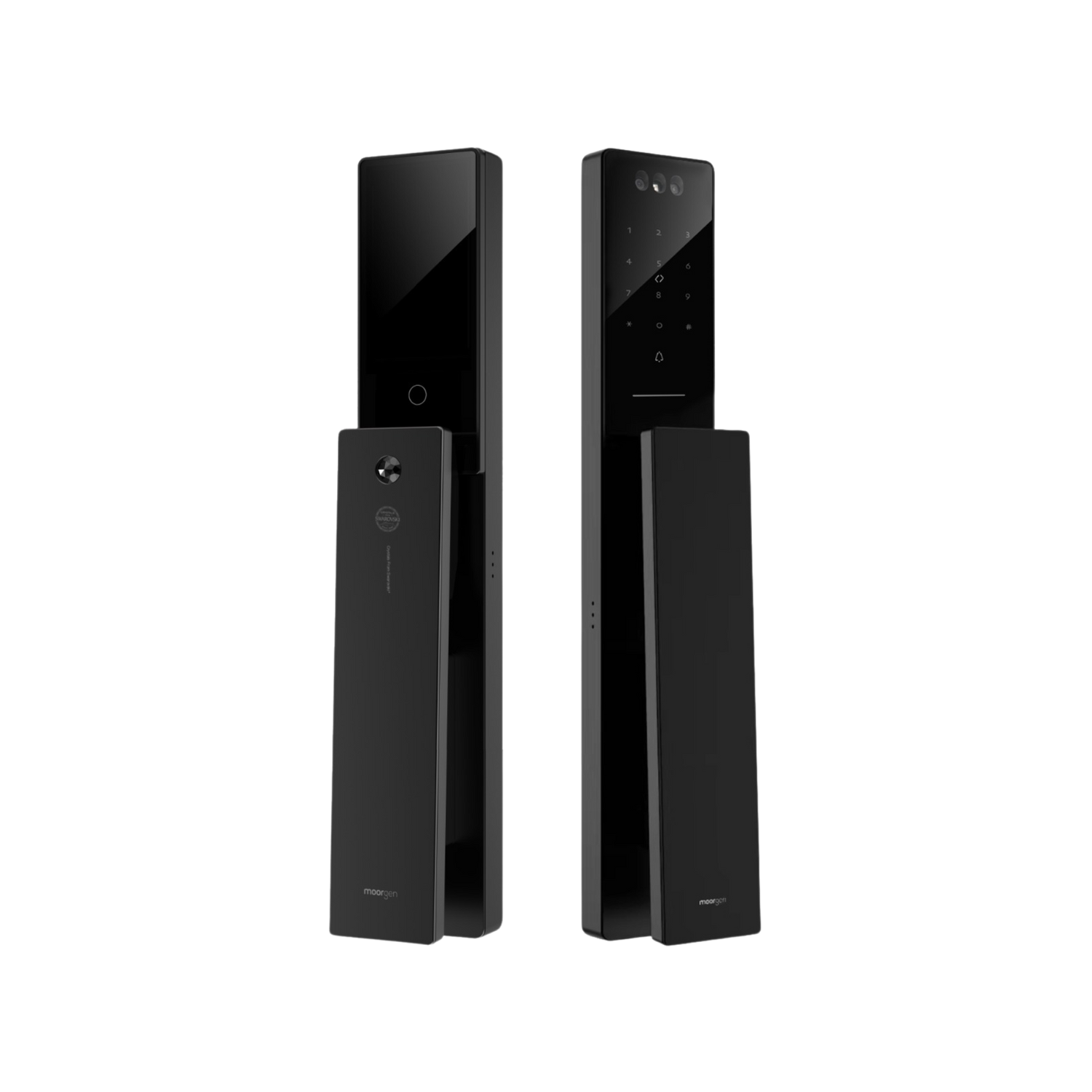


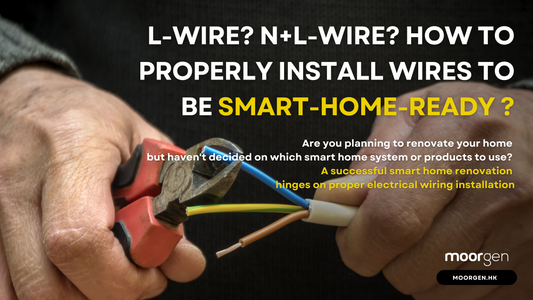

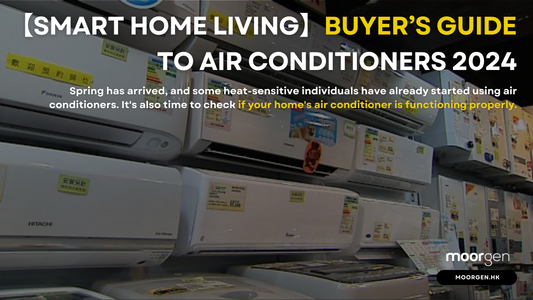

![[Smart Living] How to Choose a Smart Power Strip? Swift Transform Your Home into a Smart Home!](http://moorgen.hk/cdn/shop/articles/blog_cover_moorgen_how_to_choose_smart_power_strip.png?v=1728137093&width=533)
![[Smart Living] How to Choose LED Bulbs? Which Ones Are the Most Energy-Efficient?](http://moorgen.hk/cdn/shop/articles/blog_cover_moorgen_how_to_choose_led_bulbs.png?v=1728136975&width=533)
![[Smart Living] How to Choose an Instant Hot Water Dispenser and Use It Efficiently?](http://moorgen.hk/cdn/shop/articles/blog_cover_moorgen_how_to_choose_instant_hot_water_dispenser.png?v=1728136837&width=533)
![[Smart Living] 5 Energy-Saving Tips for Electric Kettles](http://moorgen.hk/cdn/shop/articles/blog_cover_moorgen_energy_saving_tips_electric_kettles.png?v=1728136710&width=533)
